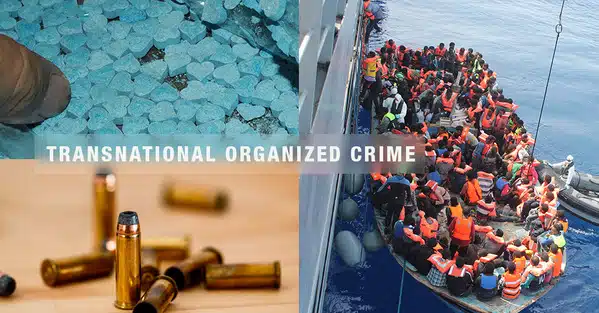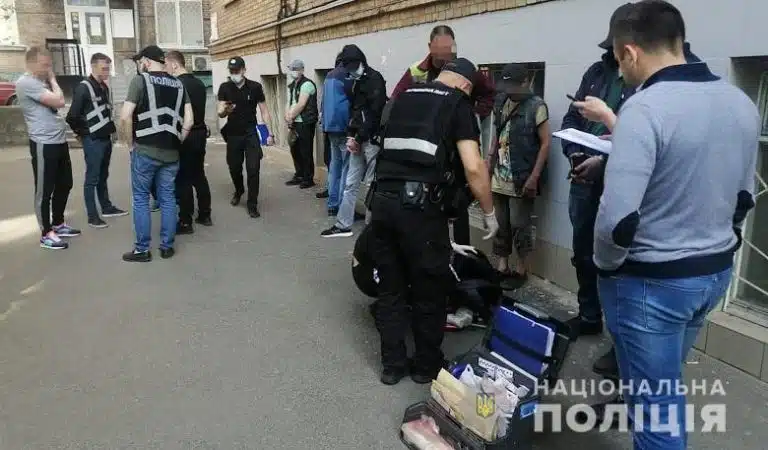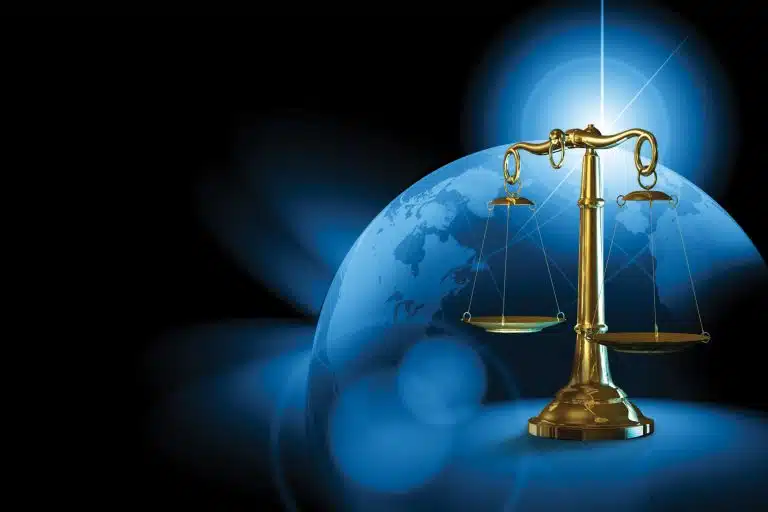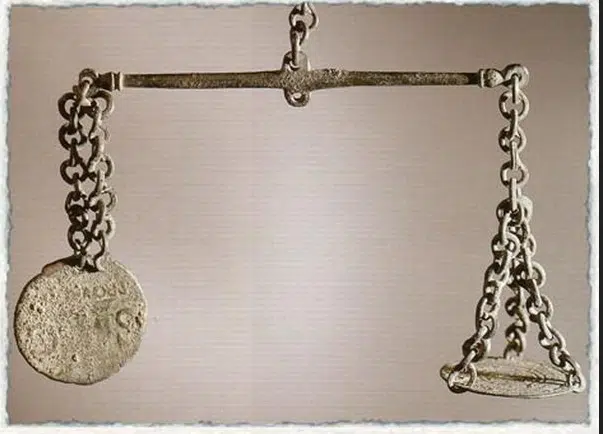The concept of transnational organized crime
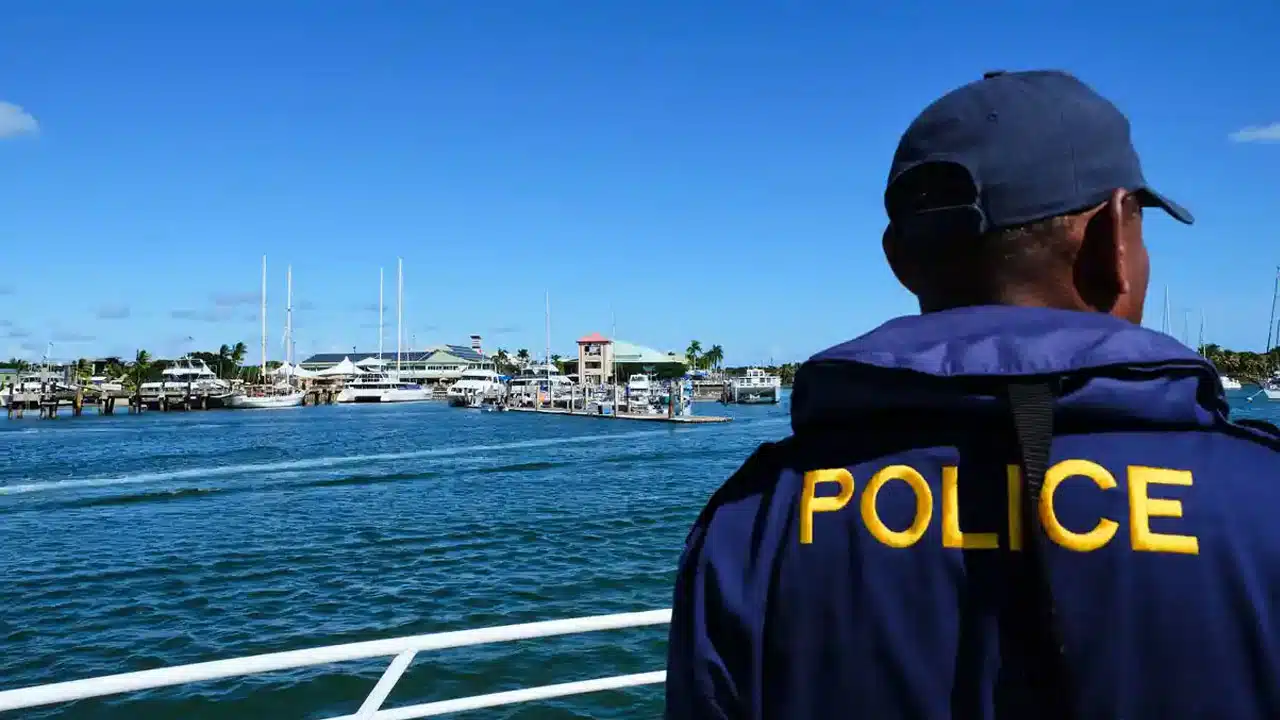
The term “transnational” is usually used to denote the flow of information, money, people, and material resources across state borders. Criminal organizations also engage in operations that require the crossing of national borders. It is not for nothing that smuggling is often called the second oldest profession in the world. Thus, high profits from illegal drug trafficking in the 1980s led to a situation where the “drug dollar” began to acquire the same economic significance as the “oil dollar” in the 1970s.
Now we can talk about the emergence of so-called transnational criminal organizations that are based in one state and operate in several foreign states with favorable market conditions. Such organizations play a key role in illicit activities (such as drug production and trafficking) that have become global.
Transnational criminal organizations differ from international corporations in a number of ways, even though they operate in the same field and for the same goal — excess profits. First of all, transnational corporations operate on legal grounds and their violations of the law are the exception rather than the rule. Unlike them, violations of the law by transnational criminal organizations are the norm and their main feature.
Criminal organizations gain access to foreign markets without obtaining the consent of states, trying not to fall into the field of view of law enforcement agencies.
Another important feature is the use of violence by transnational criminal organizations to intimidate rivals in one or another area of business, as well as law enforcement agencies trying to counter their operations. Violence is also a means of maintaining order and discipline within such organizations. In addition, criminal organizations are not only engaged in the supply of prohibited products, but also in the theft of legally produced goods. At the same time, the degree of risk that criminal organizations resort to significantly exceeds the risk of corporations operating in the sphere of legitimate business.
UN experts associate the factors of the development of transnational criminal organizations with the emergence of relevant opportunities at the global level, which is due to long-term trends in world politics and economy. As a result of strengthening the interdependence of states, simplifying international relations, increasing the transparency of national borders and the formation of global financial networks, new sales markets for both legal and illegal products have appeared. Transnational criminal organizations are both the cause and the effect of these global changes.
Another worrisome feature of the global integration process is the increase in migration and the formation of a network of ethnic diasporas, which criminal organizations use to their advantage. Areas with an ethnically homogeneous population become a source of replenishment of the ranks of transnational criminal organizations that can use the national-patriotic feelings of ethnic groups in their interests. In addition, cooperation with the ethnic environment of representatives of law enforcement agencies is extremely difficult. Language and cultural barriers are a kind of self-defense mechanisms, reinforced by family ties and suspicion of authorities.
These factors create favorable conditions for the development of transnational crime. At the same time, the current global financial system enables criminals to quickly and almost with impunity hide profits from their illegal operations and launder “dirty” money.
There is no single model of a transnational criminal organization. Such groups differ in shape and size, as well as specialization. They operate in various regions and markets of various goods, using a variety of tactics and mechanisms, hiding from law enforcement agencies.
For example, the structure of a drug cartel based in the Colombian city of Cala is probably the closest in character to a formal corporate structure based on strict hierarchy, business specialization, and planning of its activities. This is a fairly powerful organization, although it includes numerous and unrelated groups that conduct large-scale international operations. At the wholesale and retail level, the cartel consists of small groups that operate on the ground, perform financial calculations, and return drug proceeds to their leaders. This organization includes other structures that act as couriers and participate only in those stages of the drug business that are related to the transportation of goods.
Transnational criminal organizations also differ in their field of activity. For example, Nigerian organizations are involved in many types of criminal activities, including credit card counterfeiting and fraud. Asian criminal organizations, such as “yakuza” in Japan and “triads” in China, also have in their arsenal a full set of means of illegal activity. In the interestof their “business” they resort to corruption, violence and money laundering.
Although transnational criminal organizations are by their very nature completely independent structures, they still go to the formation of an alliance with other criminal organizations, terrorist groups, and sometimes even with governments. The nature, goals and spheres of influence of these unions are not sufficiently studied. They are characterized by: business acumen, an effective management system based on generous financial incentives and strict punishment measures, active intelligence and counter-intelligence activities, and great flexibility.
To combat this phenomenon, in December 2000 in Palermo (Italy), almost 150 countries signed the UN Convention against Transnational Organized Crime, according to which the participating countries must:
— to make serious efforts to develop material and procedural domestic legislation, consistent with the legislation of other countries participating in the convention, directed against transnational criminal organizations;
— use all available mechanisms of international cooperation in the field of combating transnational criminal activity and expand the scope of measures implemented at the regional level;
— develop regulatory measures and administrative provisions that would ensure greater openness and accountability of commercial and banking structures, and therefore less possibility of transnational criminal organizations penetrating them;
— carry out joint actions to combat money laundering and the use of proceeds from criminal activities, including measures to influence “tax havens”, so that they strengthen their procedures and cooperate in achieving greater openness;
— provide assistance to each other through the extradition of persons, as well as the transfer of evidence and means requested by one of the parties to the convention, in accordance with the principles contained in the UN model treaties on the extradition of criminals and mutual assistance in the field of criminal justice;
— to develop unified and effective methods of criminal prosecution directed against transnational criminal organizations, including the most modern means of gathering information and evidence;
— to exchange information in order to provide other countries participating in the convention with assistance in the investigation, detention and prosecution of persons involved in transnational crime;
— to positively consider requests for legal assistance and other types of assistance in order to strengthen the national criminal justice system and law enforcement agencies;
— consider possible means of encouraging states to implement the convention in full;
— take joint measures to prevent the emergence of new or eliminate existing tax protections.
UN experts propose to create a Central Coordination Center to collect information on legislative and other measures adopted at the national level, to carry out a criminological examination in order to check their effectiveness and identify shortcomings. The convention also provides for the creation of special funds at the national or international level for material compensation for victims of organized crime in cases where such compensation cannot be collected from the guilty persons. An effective means of combating transnational crime is blocking the channels of laundering “dirty” money, since in this case the economic expediency of such activity disappears.
Writer Rovendo
Original content license agreement Creative Commons Attribution 4.0 license

